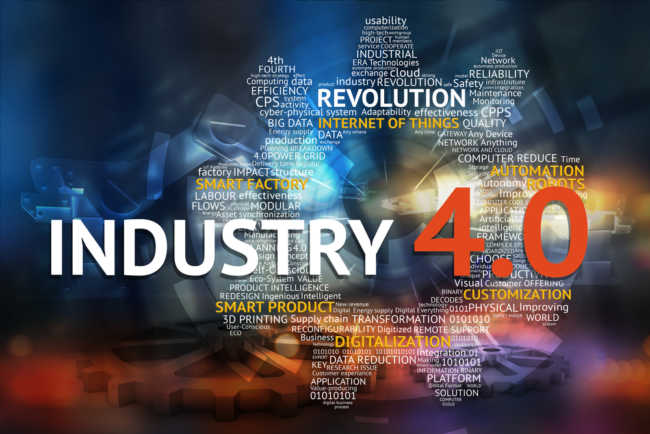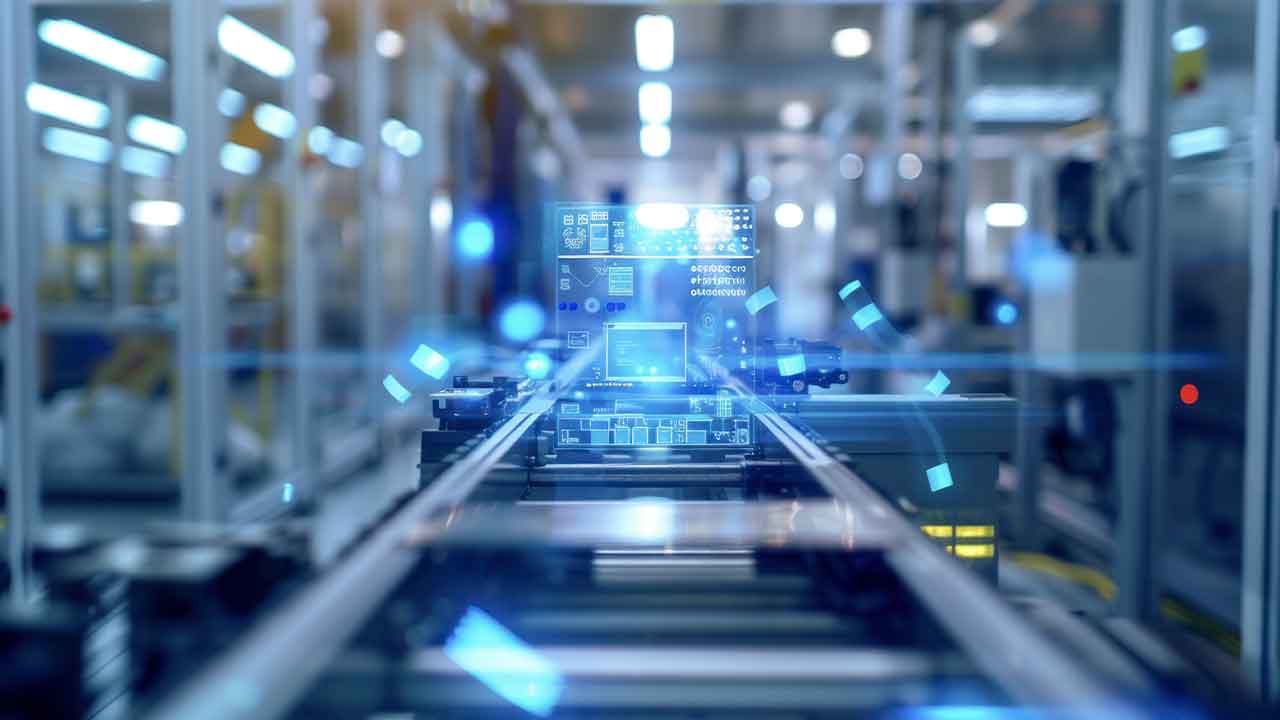Pursuing the digital transformation of Middle East industry
Industrialization has long been a central pillar of global economic development. Industrialized economies are strong, stable, resilient, highly skilled and globally competitive. It’s no surprise then that Middle Eastern countries have set their sights on industrialization as a key component of current growth and diversification strategies aimed at ensuring sustainable development.
Across the region, ambitious industrialization targets have been set: Egypt wants manufacturing to account for 21 per cent of their overall GDP by 2020; the UAE and Jordan are targeting figures of 25 and 27 per cent, respectively, by 2025; and Saudi Arabia has set up a National Industrial Development and Logistics Program in order to transform the kingdom into an industry leader.
Digitalization, in turn, is central to this new wave of Middle East industrialization. Indeed, while it may be tempting think of the Fourth Industrial Revolution (Industry 4.0) as a concept for traditional powerhouses of manufacturing – such as the USA, Germany or China – it is digital transformation which will underpin the region’s industrial targets.
Key regional industries such as oil and gas, refining and petrochemicals, water and wastewater, and food and beverage have great potential to embrace the digital transformation; but more than that, they will need it to be competitive.
Digitalization and its goals
The overarching term that we use to refer to the digital transformation effort is ‘digital enterprise’, which represents the holistic approach of enabling every step in a manufacturing process to be reflected in the virtual world as a digital twin.
Such an approach empowers manufacturing companies to integrate and digitalize their business processes, starting at any point in the value chain from product design and production planning to simulation, execution and continuous production optimization.
In Dubai, a “digital twin” is being built for the 200-hectare gated site for Expo 2020 that will synchronize sensor data from across the exhibition site and supply chain, enabling event managers to view a fully aligned visualization of inventory and building management status and ultimately make more informed, holistic resourcing decisions.
Across industry, the goal is to use digitalization to shorten the time to market, increase flexibility, improve quality and efficiency, to lower capex as well as opex costs, or, in other words, get the most out of every dollar of investment. In one proven case study, a digital solution developed by us in 2016 for UAE-based pharmaceutical firm Julphar helped boost insulin output volumes and quality.
Data-led developments
All such digitalization technologies are founded on the availability of data. As the digital enterprise further connects and integrates the manufacturing process, we are able to collect data close to the production equipment with edge devices. Edge computing means intelligent applications can run on-site, shortening transfer paths and creating almost real-time data processing.
Operational data also remains protected in the local environment, requiring a cloud connection only to update the AI applications. This allows analysis and processing of raw data on the premises, before the results are transformed onto cloud platforms.
The Amberg plant in Germany uses edge-run AI algorithms – supported by our open, cloud-based, IoT operating system – to tell from production data which circuit boards may have defects, reducing inspection needs. This has cut inspection costs by some 30 per cent.
In order to fully embrace the digital transformation, however, people and organizations need to trust that their digital technologies are safe and secure. It is therefore essential to the success of Industry 4.0 that digitalization and cybersecurity evolve hand-in-hand.
For this reason, along with a group of partners, we have established the Charter of Trust for cybersecurity, which aims to establish general minimum standards for cybersecurity.
The Middle East’s industrial sector has everything to gain from the digital transformation: economic diversity, job creation, skill development and sustainable growth. If we can work together, the region’s mix of industrial capability, thirst for innovation and fast pace of development means it has the potential to play a major role in Industry 4.0.
More about Challenges of Digital Transformation in Manufacturing
This article was written by Uwe Troeger, head of digital industries at Siemens Middle East



